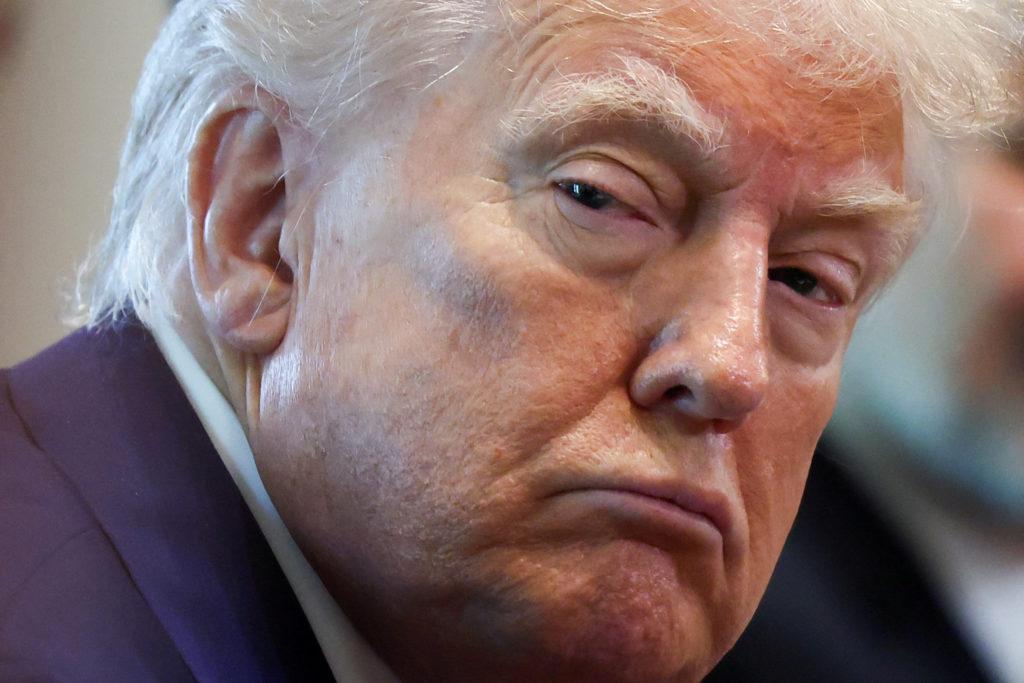The Economic Shift Initiated by Trump: Global Responses and Adaptations
The global economic landscape is undergoing significant transformation, largely influenced by the policies enacted during Donald Trump’s presidency. His administration’s approach to trade, tariffs, and international relations has instigated a wave of uncertainty that has compelled nations worldwide to rethink their economic strategies. As countries navigate the repercussions of this disruption, a new paradigm is emerging—one defined by adaptability, resilience, and strategic planning. This article examines how various nations are responding to the challenges presented by Trump’s economic legacy and its implications for future global commerce and diplomatic relations.
Trump’s Trade Policies: A Trigger for Global Economic Realignment
The trade strategies adopted under Trump marked a pivotal change in U.S. economic policy, favoring bilateral agreements over multilateral ones. This shift not only unsettled established trading partnerships but also initiated a broader realignment within the global economy. Countries that had depended on stable free-trade agreements found themselves reevaluating their approaches and often seeking new alliances. The key outcomes of this shift included:
- Heightened Tariffs: Increased trade barriers led some nations to retaliate with their own tariffs, resulting in an escalating cycle that altered global supply chains.
- Formation of New Alliances: In response to changing U.S. trade norms, countries across Asia and Europe began forging new coalitions aimed at strengthening their economic ties independent of American influence.
- Market Instability: Fluctuating tariffs created uncertainty in markets worldwide, prompting businesses to reassess investment strategies as they sought ways to mitigate risks.
This upheaval necessitated rapid adaptation among countries involved in international trade dynamics. For example, both China and the European Union took steps to bolster their regional economies through enhanced intra-regional trading initiatives while emerging markets capitalized on opportunities presented by U.S.-based companies looking for alternative suppliers.
| Trend | Impact |
|---|---|
| Diversifying Suppliers | A surge in firms relocating operations to nations with lower tariff rates. |
| Pursuing Regional Trade Agreements | An increase in intra-bloc agreements designed to circumvent U.S.-imposed tariffs. |
Strategies for International Businesses Amid Tariff Challenges
In light of rising tariffs and shifting regulations globally, international businesses are re-evaluating their supply chain frameworks. One primary strategy gaining traction is diversification, where companies source materials from multiple regions as a safeguard against potential disruptions caused by tariff impositions or geopolitical tensions.
By establishing relationships with suppliers across various territories, businesses can reduce reliance on any single market while remaining agile amid fluctuating conditions. Additionally, focusing on local markets allows firms not only compliance with evolving trade policies but also valuable insights into consumer behavior.
Investments in technology have become crucial as well; utilizing data analytics enhances operational efficiency while enabling proactive adjustments based on demand forecasts rather than reactive measures alone. Furthermore, blockchain technology is increasingly recognized for its capacity to enhance transparency within supply chains—a vital asset given today’s regulatory complexities.
Moreover, many organizations are adopting sustainable practices, integrating eco-friendly materials into production processes which align with consumer expectations while potentially reducing dependence on certain foreign suppliers facing tariff challenges.
| Strategy | Description |
|---|---|
| Diversification | Sourcing from multiple regions minimizes risk exposure. |
| Data Analytics Utilization | Aiding demand forecasting through data-driven insights. |
Preparing for Future Uncertainties: Guidance for Policymakers and Economists
Given recent shifts within the economy spurred by these changes at the top level of governance globally—policymakers must adopt forward-thinking approaches aimed at fostering resilience both domestically and internationally when addressing ongoing challenges posed by evolving market conditions.
To effectively manage uncertainties ahead decision-makers should consider implementing:
- Promoting Economic Diversification: Encouraging varied industries reduces reliance upon singular sectors . li >
- Investing In Technological Advancements : b > Embracing digital innovations drives productivity improvements . li >
- Strengthening International Collaborations : b > Cross-border partnerships promote stability amidst geopolitical tensions . li > ul >
Additionally , leveraging data analytics will be essential when crafting responsive policies moving forward ; employing advanced modeling techniques can help forecast potential scenarios guiding strategic choices .
< tr >< th >Focus Area< / th >< th >Recommendation< / th > tr > head >< tbody >< tr >< td >Labor Market< / td >< td >Upskill workforce aligning skills industry needs.< / td > tr >
Regulatory Frameworks< / td > Revise policies ensuring innovation protection consumers.< / td > (Fiscal Stimulus)< / td > (Targeted investments infrastructure spur growth.)< / td > Looking Ahead: Navigating New Economic Realities
The disruption triggered by former President Donald Trump’s policies continues reverberating throughout global markets compelling nations reevaluate existing strategies diplomatic ties . As we adapt this transformed environment interplay between protectionism globalization remains critical shaping future trading patterns .
Policymakers business leaders must adeptly navigate these transitions balancing national interests interconnected world economy . Moving forward ramifications stemming from Trump’s decisions will undoubtedly persist influencing international relations economics challenging countries innovate collaborate find pathways towards stability unpredictable landscape ahead .
The Council on Foreign Relations remains committed monitoring developments providing insights regarding how different states adjust respond ongoing transformations occurring today .
- Strengthening International Collaborations : b > Cross-border partnerships promote stability amidst geopolitical tensions . li > ul >
